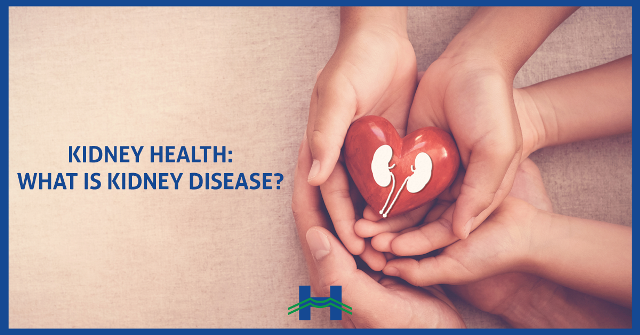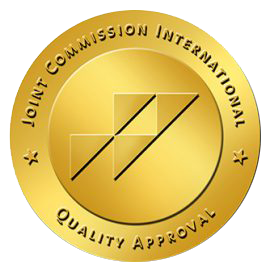
What is Kidney Disease?
1- What is the role of the kidneys in the human body?
Kidneys are a pair of bean-shaped organs in the renal system. They perform several crucial functions, including:
- Regulate water and maintain overall fluid balance,
- Eliminate waste products and toxic substances,
- Adjust and filter minerals from the blood,
- Produce essential hormones,
- Promote bone health,
- Normalize blood pressure.
2- What is kidney disease?
Sometimes, kidneys lose their ability to accomplish basic functions like filtering waste from the body. This marks the onset of kidney disease which can be either acute or chronic:
Acute kidney injury: Sudden onset that occurs most commonly among hospitalized patients with no prior signs or symptoms of kidney disease.
Chronic kidney injury: Slow and progressive loss of kidney functions, that develops over the years. Around 40% of these cases are diagnosed among diabetes or hypertension patients. Nowadays, chronic kidney injury is screened and detected at a young age.
Kidney disease is diagnosed by checking the level of creatinine in the blood, by measuring protein level in urine and by examining the kidneys with an ultrasound test.
3-What are the risk factors of kidney disease?
There are two types of risk factors that can lead to kidney damage:
Medical risk factors include:
- Polycystic kidney disease,
- Kidney tubes Inflammation,
- Autoimmune diseases,
- Kidney cancer,
- Diabetes,
- Drug intake (especially antibiotics and anti-inflammatory drugs),
- Excess of protein intake (protein shake),
- Smoking,
- Kidney stones,
- Hypertension (high blood pressure).
Pre-existing risk factors include:
- Obesity,
- Hereditary factors,
- Genetic predisposition,
- Old age.
4- Can blood pressure lead to kidney disease?
High blood pressure can damage blood vessels causing nephrosclerosis which is a disease that damages kidneys’ regular functioning. Nephrosclerosis symptoms include reduced kidney waste and fluid discharge, that may result in chronic kidney disease. For preventive purposes, blood pressure should be maintained at around 120/60 mmHg, this can be achieved by decreasing salt intake, increasing physical activity, consuming potassium-rich food and drinking plenty of water.
5- Does diabetes increase the chance of kidney disease?
Diabetes can cause small vessel disease of the kidney. Diabetic patients, should be screened regularly for the presence of albumin in the urine as a first sign of kidney damage.
6- Do kidney stones lead to kidney failure?
Kidney stones are hard deposits essentially composed of minerals and salts forming inside the kidneys. They can block Ureters (tubes connecting the kidneys to the bladder) which causes urine flow obstruction through the urinary tract. These obstructions reduce the kidneys ability to fulfil their basic functions. In severe cases, they can lead to chronic kidney disease, the need for hemodialysis, peritoneal dialysis or Kidney transplant.
7- How to prevent kidney disease?
Healthy kidneys are important for our body’s proper functioning. Maintaining their health is a twofold process that involves regular medical consultation and lifestyle changes.
Physicians recommend regular check-ups and yearly blood and urine tests. An ultrasound and a colonoscopy are usually recommended after the age of 50.
Additionally, a healthy lifestyle can help prevent or control diabetes and hypertension. This is achieved by adhering to the following tips:
- Limit the amounts of salt and fat consumed,
- Reduce protein intake (meat, chicken, fish and eggs),
- Drink water regularly,
- Exercise at least 30 minutes per day,
- Limit alcohol intake,
- Quit smoking.
Kidney disease is a silent murderer: it can develop over the years, as the person can lose up to 90% of his kidneys’ functions without any signs or symptoms until it reaches advanced stages. Once kidney failure develops, the physician’s goal is to prevent any further deterioration of renal functions. If ignored, kidneys will most likely fail completely, and in this case dialysis or kidney transplant is most probably the only solution.
Dr. Line Bou Khalil
Nephrologist
Leave a reply







